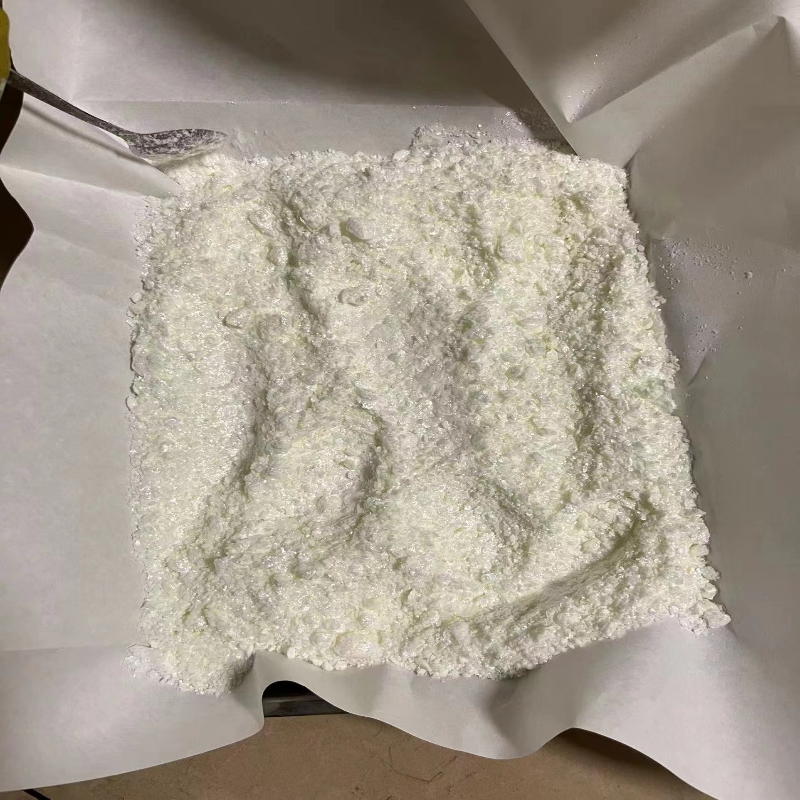-
Categories
-
Pharmaceutical Intermediates
-
Active Pharmaceutical Ingredients
-
Food Additives
- Industrial Coatings
- Agrochemicals
- Dyes and Pigments
- Surfactant
- Flavors and Fragrances
- Chemical Reagents
- Catalyst and Auxiliary
- Natural Products
- Inorganic Chemistry
-
Organic Chemistry
-
Biochemical Engineering
- Analytical Chemistry
-
Cosmetic Ingredient
- Water Treatment Chemical
-
Pharmaceutical Intermediates
Promotion
ECHEMI Mall
Wholesale
Weekly Price
Exhibition
News
-
Trade Service
The French government has announced plans to ban the sale of fruits and vegetables in plastic packaging from January 1, 2022, as part of its Anti-Waste and Circular Economy Law, which aims to create a circular economy by phasing out single-use plastics by 2040
.
background
backgroundThe Anti-Waste and Circular Economy Law (“AGEC (Anti-Gaspillage pour une Économie Circulaire) law”) came into force on February 10, 2020 in France.
The first phase is to prohibit the mass sale of single-use tableware, including glasses, cups and plates and cotton swabs
.
In 2021, the French government expanded the law to ban the use of plastic straws, disposable cutlery, blenders, lids for takeaway drinks, polystyrene boxes and plastic confetti
.
As a next step in the Anti-Waste and Circular Economy Law, plastic packaging of fruits and vegetables weighing less than 1.
5kg will be banned
.
This will come into force on January 1, 2022, but the government says the law will be implemented gradually until June 30, 2026, so manufacturers have time to change packaging solutions
.
According to the French government, a six-month tolerance period for the disposal of packaging stocks is also allowed
.
Inclusive
InclusiveSome of the vegetables included in the law will be leeks, peppers, cucumbers, potatoes, tomatoes, onions, cauliflower and squash, among others
.
Meanwhile, apples, pears, bananas, oranges, kiwis, lemons, melons, pineapples and mangoes are some of the fruits that will be added to the anti-waste law
.
For salads, spinach, asparagus, mushrooms and endives, the deadline to phase out plastic packaging will be even shorter, with the ban expected to be completed by December 31, 2024
.
The shorter deadline of June 30, 2023 also applies to tomatoes, peaches and nectarines
.
The new law will have two exemptions: fruits and vegetables sold in batches of 1.
5kg or more, and fruits and vegetables that risk spoiling if sold in bulk
.
Raspberries, strawberries, currants and blueberries, as well as ripe fruit picked when ripe, are included in the latter category
.
Products such as lentils and soybeans will also be exempt
.
Other measures to ban single-use plastics
Other measures to ban single-use plasticsThe French government said it expects to lose 1 billion packages a year because of the ban
.
Currently, it is estimated that 37% of fresh fruits and vegetables are packaged in plastic
.
Further changes to the Anti-Waste and Circular Economy Law are expected in 2022, including the removal of plastic tea and herbal tea bags from supermarket shelves in France
.
The country's food service industry will also be affected: distribution of plastic games with meals will be banned in 2022, and restaurants will be required to replace single-use cutlery with reusable cutlery for meals served on-site starting in 2023 and drinks
.
Press publications and advertisements will also be transported without plastic packaging from 2022, according to France's anti-waste law
.
Governments across Europe are taking various measures to address the challenge of plastic waste
.
Another initiative implemented by France is the HolyGrail 2.
0 project, which could bring digital watermarking products to store shelves in the first half of 2022 if the semi-industrial trials currently underway in the city of Copenhagen are successful
.
look critically
look criticallyAs stated in a European study (February 2020) entitled "Sustainability of Food Packaging", "Well-meaning legislators cannot simply reflect public sympathy, but must start at the top of the sustainable packaging hierarchy, not Start at the bottom
.
That means stating the big problems to solve, developing solutions, testing them, and scaling up those that really benefit society, the environment and the economy
.
”
Dr Calvin Lakhan, professor of environmental studies at York University in Ontario, Canada, concluded: "When we talk about pursuing big goals that can help us meet our carbon reduction and climate mitigation goals, food waste is something we should be prioritizing rather than eliminating packaging
.
" In its pursuit of sustainability, France is doing the exact opposite
.
This highlights the superficial understanding of sustainable packaging design by policymakers and reminds us of the need for life-cycle thinking when developing informed policies
.
”







